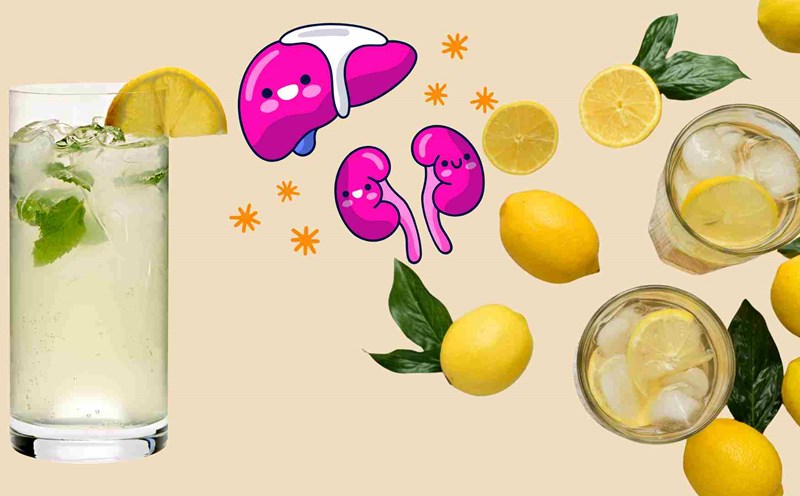On hot days, a plate of cool beans (also known as water cassava) is often a familiar snack of many people. However, few people know that this sweet and crunchy vegetable not only quenches thirst but also brings many health benefits, especially helping to reduce blood fat and stabilize liver enzymes.
Rich in nutrients but low in energy
According to the World Health Organization, 100g of beans only provide about 38 kcal, while containing more than 90% water, low natural sugar and rich in inulin soluble fiber. Inulin is an indigestible fiber in the small intestine, helping to control blood sugar, reduce cholesterol absorption and protect the intestinal microflora.
Dr. Amy Shapiro, a nutritionist in New York (USA), shared: Tofu is a low-energy food, rich in vitamin C and potassium, which both helps fight oxidation and supports blood pressure balance. The inulin fiber content also contributes to reducing blood fat, improving liver and cardiovascular health".
Support blood fat reduction
Research published in the Journal of Medicinal Food (2020) shows that inulin from beans helps reduce total cholesterol and LDL-cholesterol (bad cholesterol) levels in people with dyslipidemia. The mechanism of operation is to increase the excretion of bile acids through stool, thereby forcing the liver to use cholesterol to synthesize new bile acids, helping to reduce excess cholesterol in the blood.
In addition, beans also contain small amounts of phenolic compounds and flavonoids, antioxidants that help prevent lipid oxidation, limiting the formation of atherosclerosis plaque.
Stabilize liver enzymes and support liver function
The rich water content and coolness of beans help the body to cool down and diuretic, thereby supporting the excretion of toxins through the urine. Vitamin C and antioxidants in beans also help reduce oxidative stress, which causes liver cell damage.
Dr. Michael Greger, author of How Not to Die, said: Fods rich in soluble fiber and antioxidant compounds such as beans can reduce the metabolic burden on the liver, especially in people with non-alcoholic fatty liver syndrome. Maintaining a diet rich in water-rich vegetables helps stabilize liver enzymes and improve long-term liver function".
How to use it safely and effectively
Bean sprouts have a natural sweetness, can be eaten raw or processed into salads, garlic, or soup. When eating raw, peel it thoroughly because the outer shell contains rotenone toxin, which can damage the nerves if eaten. People with diarrhea or acute digestive disorders should limit eating raw to avoid worsening symptoms.
Experts recommend that each person should eat 200-300g of beans per day as part of a vegetable-rich diet, combined with a healthy lifestyle to maximize the benefits for the heart and liver.








